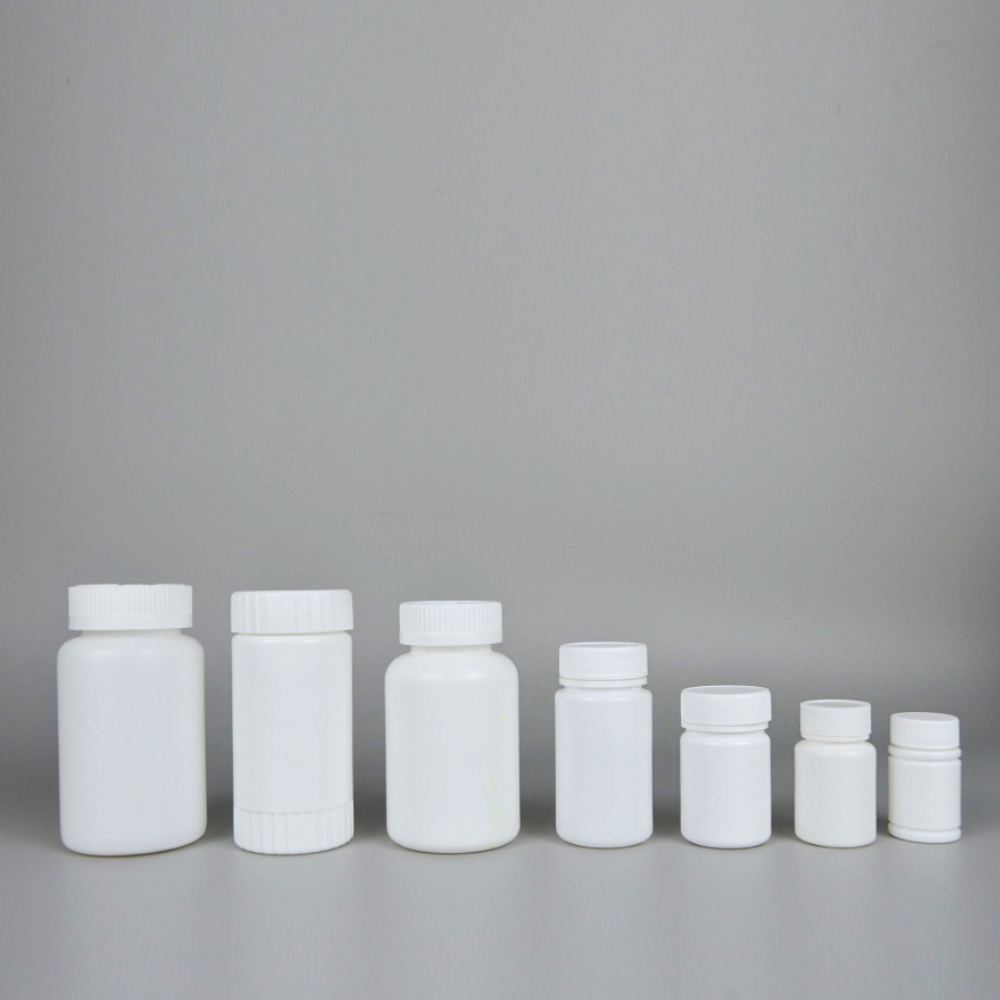microbiology lab instruments
Essential Microbiology Lab Instruments A Guide to Modern Scientific Practices
Microbiology, the study of microorganisms, encompasses various fields including bacteriology, virology, mycology, and parasitology. The success of microbiological research and diagnostics heavily relies on the sophisticated instruments and equipment used in laboratories. This article explores essential microbiology lab instruments, their functions, and their significance in enhancing research accuracy and efficiency.
1. Microscopes
At the heart of microbiology is the microscope, an indispensable tool that enables scientists to visualize microorganisms that are otherwise invisible to the naked eye. The compound light microscope uses visible light to magnify specimens, allowing researchers to observe cellular structures and motility. For more detailed analysis, electron microscopes (EM) can be employed. Scanning EM (SEM) provides three-dimensional images of the specimen surface, while transmission EM (TEM) offers a detailed view of internal structures. These tools are essential for identifying microbial morphology and understanding cellular functions.
2. Incubators
Incubators play a crucial role in microbiology labs by providing an optimal environment for microbial growth. They maintain controlled temperature, humidity, and atmospheric conditions. By using incubators, scientists can cultivate bacteria, fungi, and other microorganisms under specific conditions, which is essential for accurate experimentation and analysis. Incubators often come with programmable features, allowing lab technicians to simulate various environmental conditions that microorganisms may encounter in nature.
3. Autoclaves
Sterilization is critical in any microbiology lab to prevent contamination and ensure the safety of experiments. Autoclaves utilize high-pressure steam to sterilize equipment, media, and other materials. By raising the temperature to 121 degrees Celsius (250 degrees Fahrenheit) for a specific period, autoclaves effectively kill all forms of microbial life, including spores. This makes them an essential instrument for maintaining a sterile working environment and ensuring accurate results in microbiological research.
microbiology lab instruments

4. Pipettes and Dispensers
Precision is paramount when it comes to microbiology. Pipettes are widely used for transferring and measuring small volumes of liquid. They come in various types including manual, electronic, and multichannel pipettes, each serving distinct purposes. Accurate pipetting is vital for preparing cultures, dilutions, and other solutions necessary for microbial studies. Dispensers, on the other hand, allow for the efficient dispensing of liquids in multiple formats, contributing further to laboratory efficiency and accuracy.
5. PCR Machines
Polymerase Chain Reaction (PCR) technology has revolutionized the field of microbiology, allowing scientists to amplify specific DNA sequences. PCR machines, also known as thermocyclers, control the temperature fluctuations necessary for DNA denaturation, annealing, and extension. They are essential in diagnostics, research, and examining genetic material from different microorganisms. PCR technology has enabled quick and precise identification of pathogens, greatly impacting areas such as clinical diagnostics and epidemiology.
6. Centrifuges
Centrifuges are used to separate components within a mixture based on density. By spinning samples at high speeds, centrifuges create a centrifugal force that drives heavier particles to the bottom of the container. In microbiology, centrifuges are often used to isolate cells, viruses, or organelles from a mixture, facilitating further analysis and experimentation. Their role in sample preparation is integral to the accuracy of various microbiological assays.
Conclusion
Modern microbiology labs are equipped with an array of sophisticated instruments that streamline research processes and enhance the accuracy of results. From microscopes that allow for the detailed observation of microorganisms to PCR machines that enable genetic analysis, these tools are vital for advancing our understanding of the microbial world. As technology continues to evolve, we can expect further innovations in laboratory instruments that will enhance microbiological research and contribute to fields such as medicine, environmental science, and biotechnology. Investing in high-quality instruments and training personnel to use them effectively is paramount for the continued progress in microbiology and the broader scientific community.
-
Aesthetic Makeup Spray Bottles | Fine Mist Empty RefillableNewsAug.19,2025
-
White Plastic Veterinary Vaccine Vials | Lab Liquid BottlesNewsAug.18,2025
-
Plastic Medicine Liquid Bottle: Secure Flip Top Drug VialsNewsAug.17,2025
-
Durable 250ml Blue Plastic Vaccine Vial for Lab & Vet UseNewsAug.16,2025
-
Sterile Virus Sample Tubes: Secure & Reliable Specimen CollectionNewsAug.15,2025
-
White 250ml Plastic Vaccine Vial for Lab & Vet MedicineNewsAug.14,2025
























